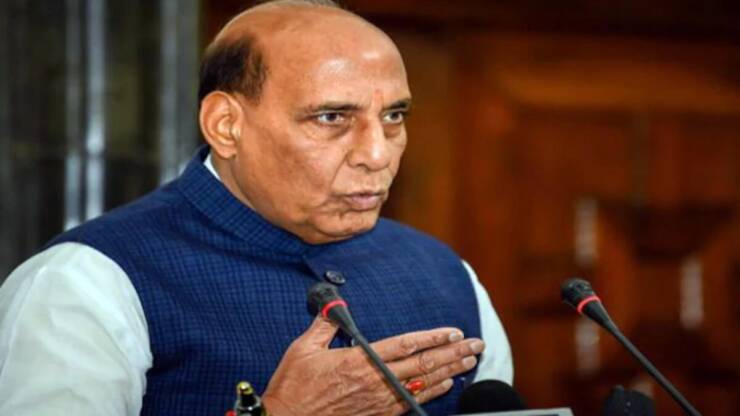
New Delhi. The defence ministry has reserved over Rs 17,500 crore this year for procurement from the non-public trade after notifying a unfavourable import checklist, as a part of its measures to encourage home manufacturing and create a neighbourhood ecosystem.
The ministry, on directions of defence minister Rajnath Singh, has additionally resolved to chop down procurement time to two years to shorten delays in induction of weapon programs and will increase the import unfavourable checklist to deliver extra tools into the home kitty, a high official stated.
While up to now it could take over five years to finish a procurement, this has been introduced all the way down to a median of three-and-a-half years, and the goal now could be to shorten it to two years, defence secretary Ajay Kumar stated. “This year a decision has been taken to ensure that what we buy from India is not merely from the public sector. Nearly 25% of the total domestic procurement will be from the private industry,” Kumar stated at a Special Centre for National Security Studies (SCNSS) occasion. This would translate to Rs 17,500 crore reserved for the non-public sector.
The ministry had earlier this week notified a unfavourable import checklist that included helicopters, warships, and loitering munitions. Singh had in August accepted a unfavourable import checklist of 101 items.
With public sector defence corporations outsourcing a variety of work to private gamers, practically 50% of the home procurement finances would quickly be going to the non-public sector, Kumar stated. “This is now putting clear targets to ourselves on how we want to see the defence industry ecosystem (grow).”
The ministry additionally has a transparent give attention to exports and inspiring the start-up ecosystem, the official stated. He said that India will see its first defence start-up unicorn sooner, given the huge potential of tech pushed corporations specializing in defence technologies and focusing on the military.








